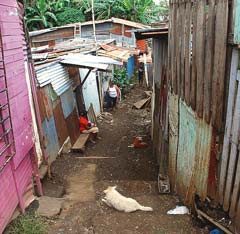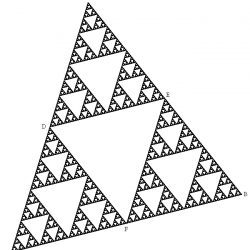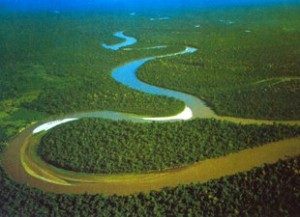 A barrier is understood to be any structure that appears naturally or artificially in a space, generating a division into two or more areas and that makes normal movement from one place to another difficult or impossible. Although when you think of a barrier you tend to imagine the barriers created artificially by humans, nature also has structures that act as such in different spaces and situations.
A barrier is understood to be any structure that appears naturally or artificially in a space, generating a division into two or more areas and that makes normal movement from one place to another difficult or impossible. Although when you think of a barrier you tend to imagine the barriers created artificially by humans, nature also has structures that act as such in different spaces and situations.
The barrier serves the human being to control movement in certain spaces in which it cannot be free. In this sense, a barrier can be installed as a protection element at dangerous crossings, as a separation of properties and to mark the lands of each individual, to order traffic, to prevent the advance of animals and many others. Traditionally, the traffic barrier is perhaps the most easily identifiable and is installed in spaces where it is necessary to order the movement of cars, thus avoiding accidents and collisions.
Man-made barriers can also be abstract and symbolic. Such is the case of the barriers that are established between countries and that serve to differentiate the surfaces of each of them. The same thing happens with symbolic barriers that are established between social groups and that have to do with the protection of the characteristics considered normal for each community.
A barrier, however, can also be a natural structure that may have formed over time and does not have a specific function. In this sense, nature allows us to observe incredible natural type barriers such as those formed by corals and other aquatic organisms, tree or vegetation barriers, geological formation barriers and many others. All of them, of course, have an effect on the environment and can generate alterations that, over many millions of years, end up becoming normal situations.









